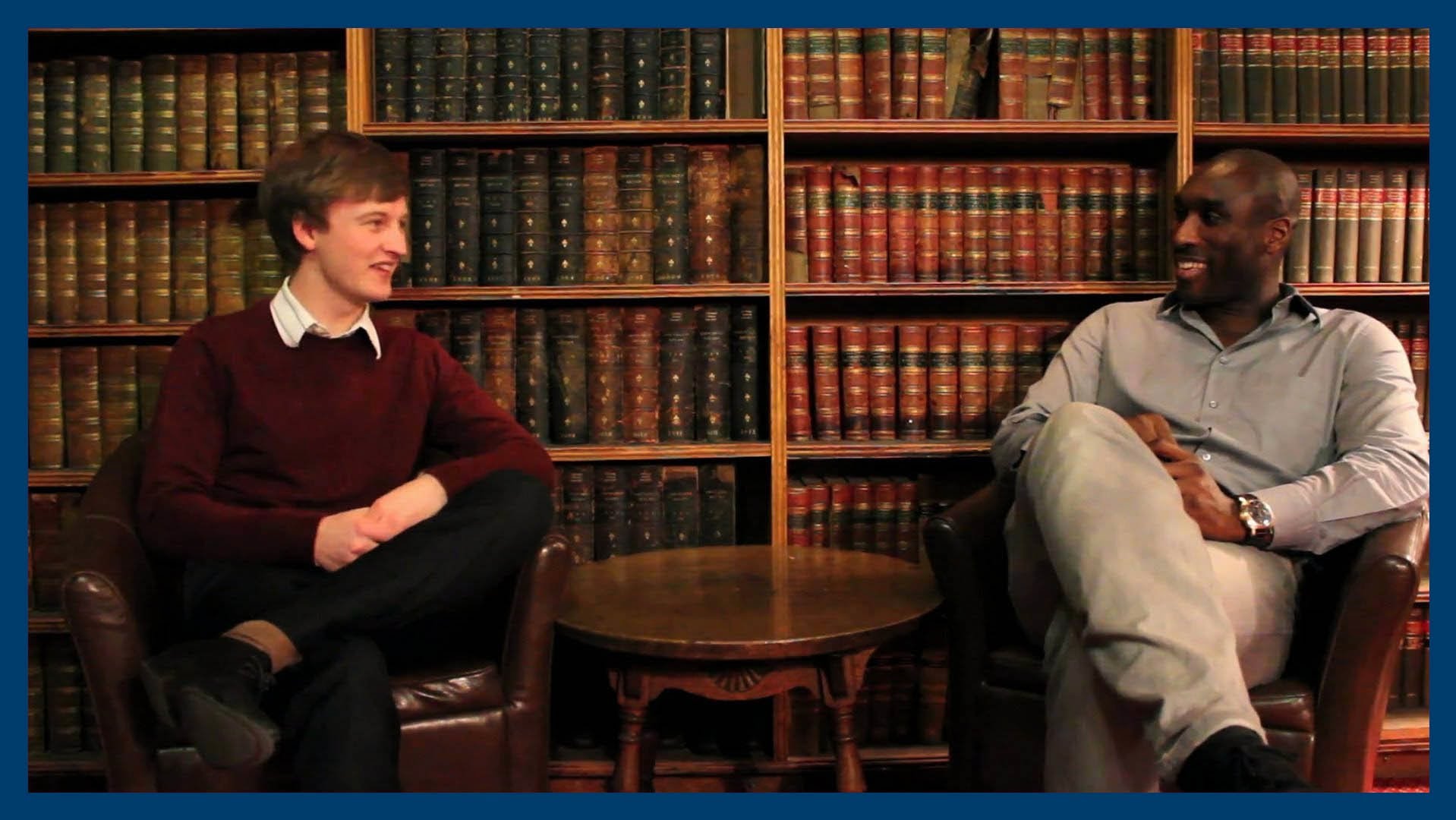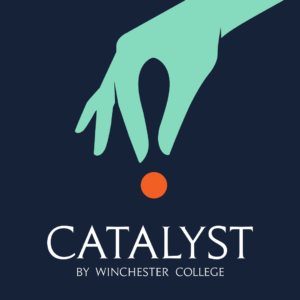Part III of this three-part guide (for Part I – the American education system, and Part II – the British education system) completes our look into Hong Kong’s international school curricula by finishing off with the International Baccalaureate (IB) Program.
Each three of these systems offer different breadths of subjects – from specializing in three or four subjects at A-Levels to taking six at IB. There are unique advantages to each of the systems, and knowing which one will best suit your learning style and needs will be important for maximizing your return from the last years of secondary school.
Here, we examine the IB curriculum, specifically looking at IB Diploma Program for the last two years of secondary school.

Part III: The IB Diploma Program
In schools such as Chinese International School, German Swiss International School, Island School:
- Offered at schools globally
- Exam and coursework based (externally marked and moderated)
- Six subjects plus the “DP core”
- Grades from 7 (highest) to 1 (lowest)
- Maximum total score of 45
The IB provides four programs for students from ages 3 to 19, and one of these four programs is the IB Diploma Program (IBDP): a two-year programmed targeted for students in their final two years of secondary school (ages 16-19). Unlike the American or British system, the IB does not model itself on a specific country’s education system, and instead, aims to cultivate “global citizens”.
Due to the lack of ties with a national curriculum, the IB program is thus not restricted to international schools but can also be offered by local schools in various countries, which aim to grow global-minded students. For example, there are currently about 915 [1]schools offering the IBDP in the US, and 29 [2] in Hong Kong.
The IBDP is quite easy to distinguish in terms of its scoring system. Students take 6 subjects in total from the following six distinct subject areas, plus the DP Core:

Each of the 6 subjects taken is graded by a points-based system. Your final grade reflects the sum of all scores of the six subjects (e.g. 6 subjects x 7 = 42 maximum) plus up to three points (3) gained from the DP core. The highest grade for each of the six IBDP subjects taken is 7, with the lowest grade being 1.
Also, within each subject such as Economics or Mathematics, there are two levels of difficulties – Standard Level (SL) and Higher Level (HL). SL represents the norm, whilst students choose HL for a greater challenge, or in the subjects they plan to pursue at university. HL will typically go into greater depth than SL and requires more work and time on the student’s behalf. This is also reflected by the recommended instruction hours by the IB board: 240 hours for HL and 150 hours for SL.
Example: Example: Island School [3]
Students are required to take one subject each from Groups 1-5, and one from Group 6 OR another subject from Groups 1-5. Three subjects must be taken at HL, and three at SL.


In addition to taking six subjects, students are also required to complete the DP core in order to obtain the IB Diploma. Here, up to 3 points are awarded from both the Extended Essay (EE) and Theory of Knowledge (TOK). The EE is an individually researched 4,000-word essay on any subject from the student’s existing choices, and the TOK looks at the study of knowledge and critical thinking. TOK consists of a 1,200 to 1,600-word essay on one of the 10 titles set by the IB annually, and is worth 65% of the final grade. A 10-minute class presentation (internally graded and externally marked) forms the remaining 35%.
Finally, Creativity, Action and Service (CAS) requires a minimum number of hours dedicated to an activity within the arts, sports and community service realms. Students will log their hours spent on planning, doing and reflecting on their chosen activities. CAS is not graded but will need to be completed as part of the IB Diploma.
The IB Diploma is awarded to students scoring at least 24 points overall, with a minimum grade of 3 within at least four subjects, plus successful completion of the DP core. Top universities typically expect overall scores of around 38 and higher, with certain requirements such as a grade 6 or 7 in the subjects relevant to the degree applied for. For example, the University of Oxford [4] notes that 38-40 points is expected, with grade 6s and 7s expected for the higher level subjects.
Our Commentary
Of the three educational systems examined, IB certainly aims to develop more “globally-minded” citizens due to its wide breadth of subjects, and the mandatory TOK course plus CAS. We see one of the biggest advantages of the IB as being its challenging, all-rounded education; students have to choose a range of subjects from very distinct disciplines, study the theory of knowledge, complete individual research as well as hours of extra-curricular activities and community service. Only less than 1% of all IBDP students score the maximum of 45, so those who do truly stand out from the rest of the international peers, from a top university’s point of view.
IB is recommended for students who enjoy studying a breadth of subjects, as well as pushing themselves to grow in terms of general life skills – time management, critical thinking and self-discipline. The course is generally quite time demanding and therefore students will certainly be pushed over the two years. However, this is not to say it is more difficult than the A-levels or AP system, as here you will generally find more breadth within the subjects than the depth that is present at A-Levels for example.
The IB is well received by most US and UK institutions, so it is a strong addition for those who wish to apply to universities around the world. Due to its broad nature and goal to develop independent, inquisitive and community-sensitive students, the IB is an increasingly popular choice for international schools in Hong Kong as well (for example, German Swiss International School now offers the IBDP rather than A-Levels).
Again, the clear advantages are that students who choose the IB will undergo a broad education rather than specialize earlier, be challenged in terms of time and critical thinking skills, as well as have the option to apply to most universities in the world due to its global status and reach.
In parts I and II, we explore the American and British curricula respectively.
[1] http://www.ibo.org/about-the-ib/the-ib-by-country/u/united-states/
[2] http://www.ibo.org/country/HK/
[3] http://is.esfdev.com/wp-content/uploads/2015/05/Island-School-Curriculum-Document-2015-2016.pdf
[4] https://www.ox.ac.uk/admissions/undergraduate/courses/entrance-requirements?wssl=1
To find out more about the IB program or international school admissions in Hong Kong, contact Ampla Education at info@ampla-edu.com
______________________________________________________________
________________________________________________________________________
Janet studied at French International School and German Swiss International School in Hong Kong before attending Wycombe Abbey, a top girls boarding school in the UK. Janet enjoys teaching humanities subjects as well as Business Studies, Economics, English and Maths. Educated in both Hong Kong and England, she has helped students of all ages with interview and entrance exam preparation, university admissions in addition to IGCSE, A-Level and IB exams. Janet studied Land Economy at the University of Cambridge and her extensive work experience enables her to work with students of all ages in an engaging manner.
________________________________________________________________________
______________________________________________________________
© Ampla Education – Unauthorised use of this material without permission is strictly prohibited. Excerpts and links may be used, provided that full credit is given to Ampla Education.



















